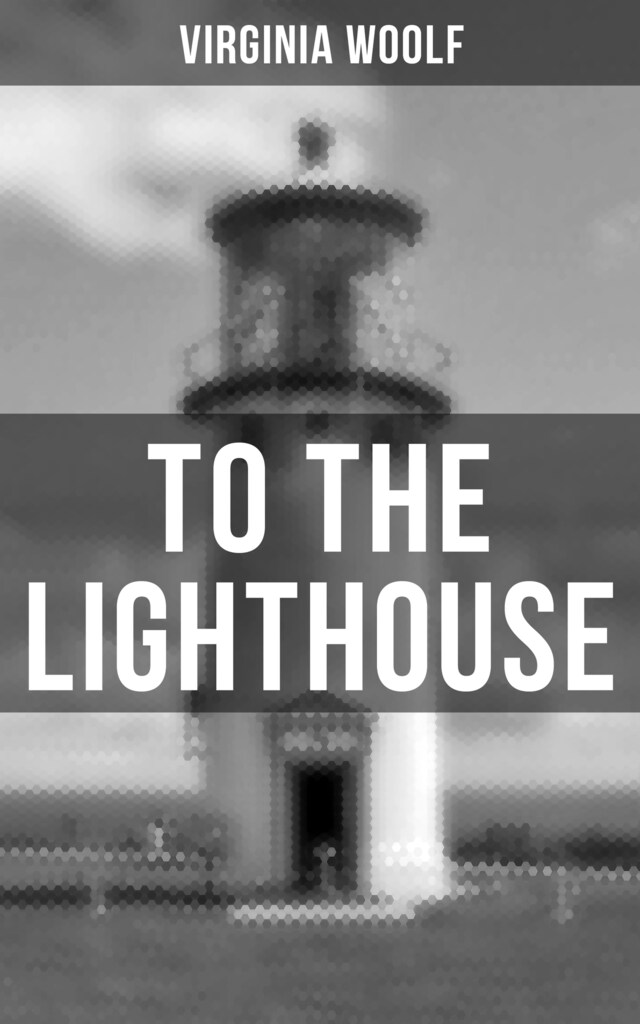
TO THE LIGHTHOUSE
Om bogen
Virginia Woolf's 'To the Lighthouse' is a modernist novel renowned for its experimental narrative structure and introspective exploration of consciousness and human experience. Set in the early 20th century, the book delves into the complexities of relationships, memory, and the passage of time. Woolf's stream-of-consciousness style allows for a deep dive into the characters' inner thoughts and emotions, creating a rich and multi-layered reading experience. Through the lens of the Ramsay family's summer visits to the Isle of Skye, Woolf captures the fleeting nature of life and the elusive search for meaning and connection. Virginia Woolf, a prominent figure in the Bloomsbury Group, drew inspiration from her own life experiences and struggles with mental health to craft this profound meditation on art, love, and mortality. Her innovative approach to storytelling and keen psychological insight have solidified her legacy as one of the most influential writers of the 20th century. I highly recommend 'To the Lighthouse' to readers seeking a thought-provoking and beautifully crafted novel that challenges traditional narrative conventions and offers a profound exploration of the human condition.
 Virginia Woolf
Virginia Woolf 239 Sider
239 Sider